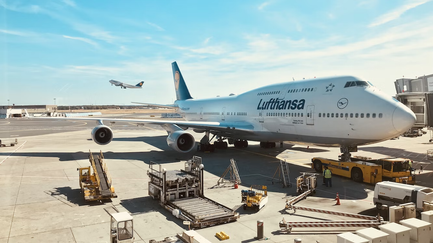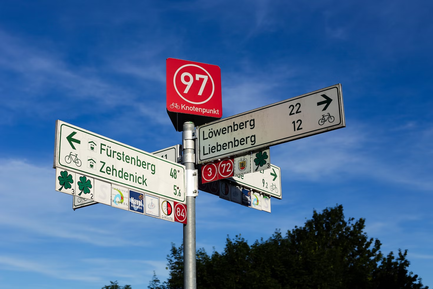Education in Germany
Everything you need to know about education in Germany: universities, programs, admissions and fees.

Germany is a wonderful place to fulfill your dream of moving abroad. Here is everything you need to know about Germany before studying or immigrating.
Free consultation
Germany is one of the largest and wealthiest countries in the European Union, bordered by the North and Baltic Seas and neighboring countries such as Denmark, the Czech Republic, Poland, Austria, Switzerland, France, Belgium, the Netherlands, and Luxembourg.
The university system in Germany began to take shape as early as the 14th century and remains one of the most well-known and effective to this day. Education at German public universities is free. Furthermore, most master's programs are offered in English.
Our series of articles on higher education in Germany will introduce you to the peculiarities of the educational process and application in this country.
Everything you need to know about education in Germany: universities, programs, admissions and fees.

What are Studienkollegs and why you need it to admit to German universities? Read about features, requirements, fees and more in the article.

How private Studienkollegs are different from public ones? All you need to know: coasts, requirements, admission process and more.

German universities: education, infrastructure, pattern of study, enrollment process and requirements

In this article we'll tell you how to enter a German university, what the requirements are, and how much it costs to study there.

Bachelor’s studies in Germany: universities, cost, prospects after graduation and other useful information for applicants.

Master's Degree in Germany: how to apply, how much does it cost, types of Master's degree, career perspectives

Learn about German universities where international students can study for free. Deutschlandstipendium, foundation scholarships, and other opportunities.

Guten Morgen! German courses in Germany. List of german language schools and programes in Germany, costs, visa and other facts.

Want to learn German by yourself? In this article, we will give you the tips for studying it, and the resources that will help you on this difficult path.
Transport in Germany is one of the most developed in Europe and is very diverse: from low-cost airlines and bus routes to high-speed trains and first-class autobahns.
German cuisine is not only Frankfurt sausages and Bavarian beer, but also a variety of soups, cereal bread and a rich selection of national dishes from all possible varieties of meat.
Ways to immigrate to Germany: EU Blue Card, labor, student, investment, business, humanitarian, family union, political asylum, Pros and cons of immigration to Germany

TestDaF is a prerequisite for admission to a university or studienkolleg in Germany.
